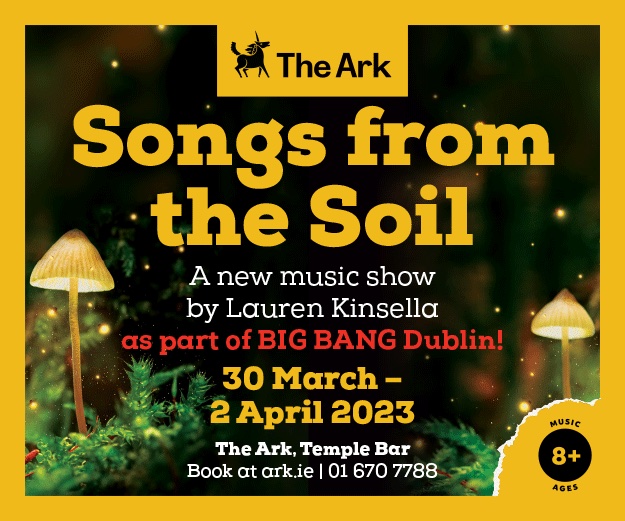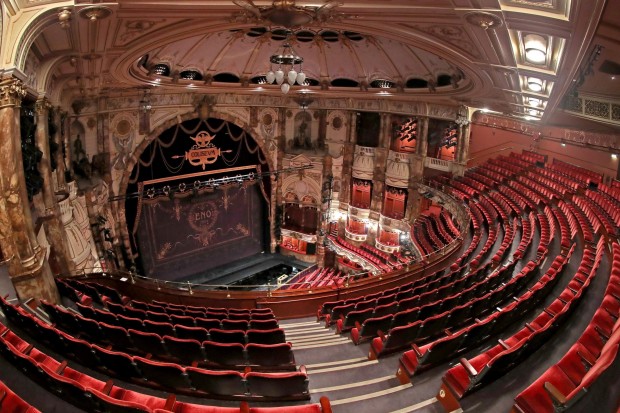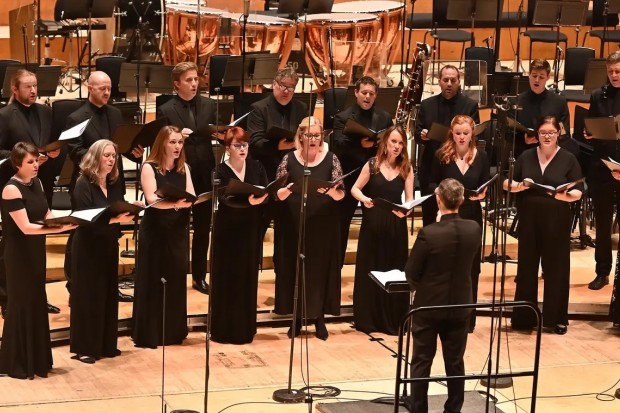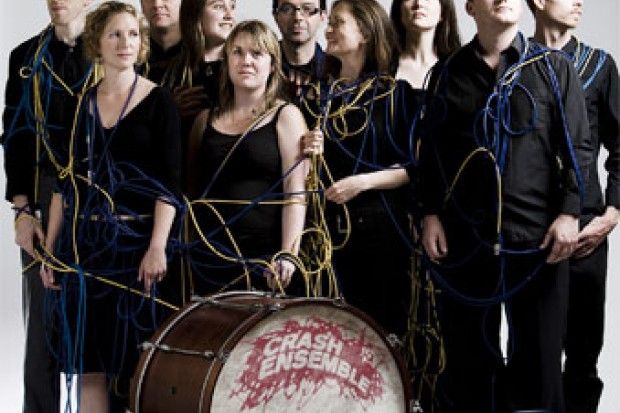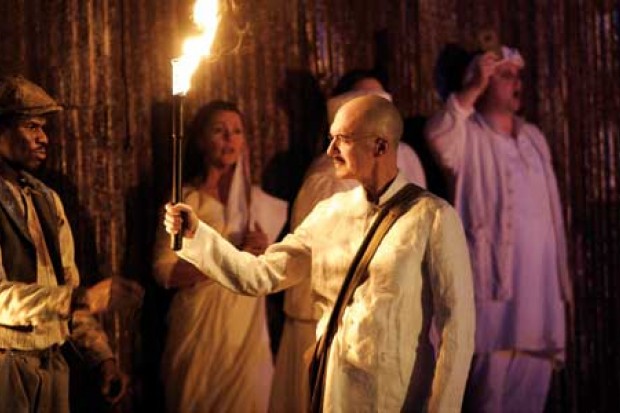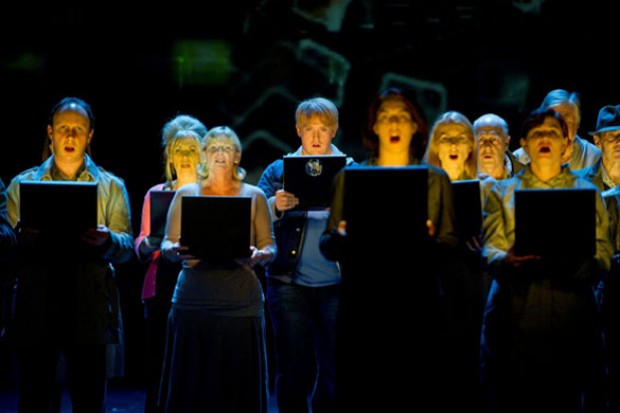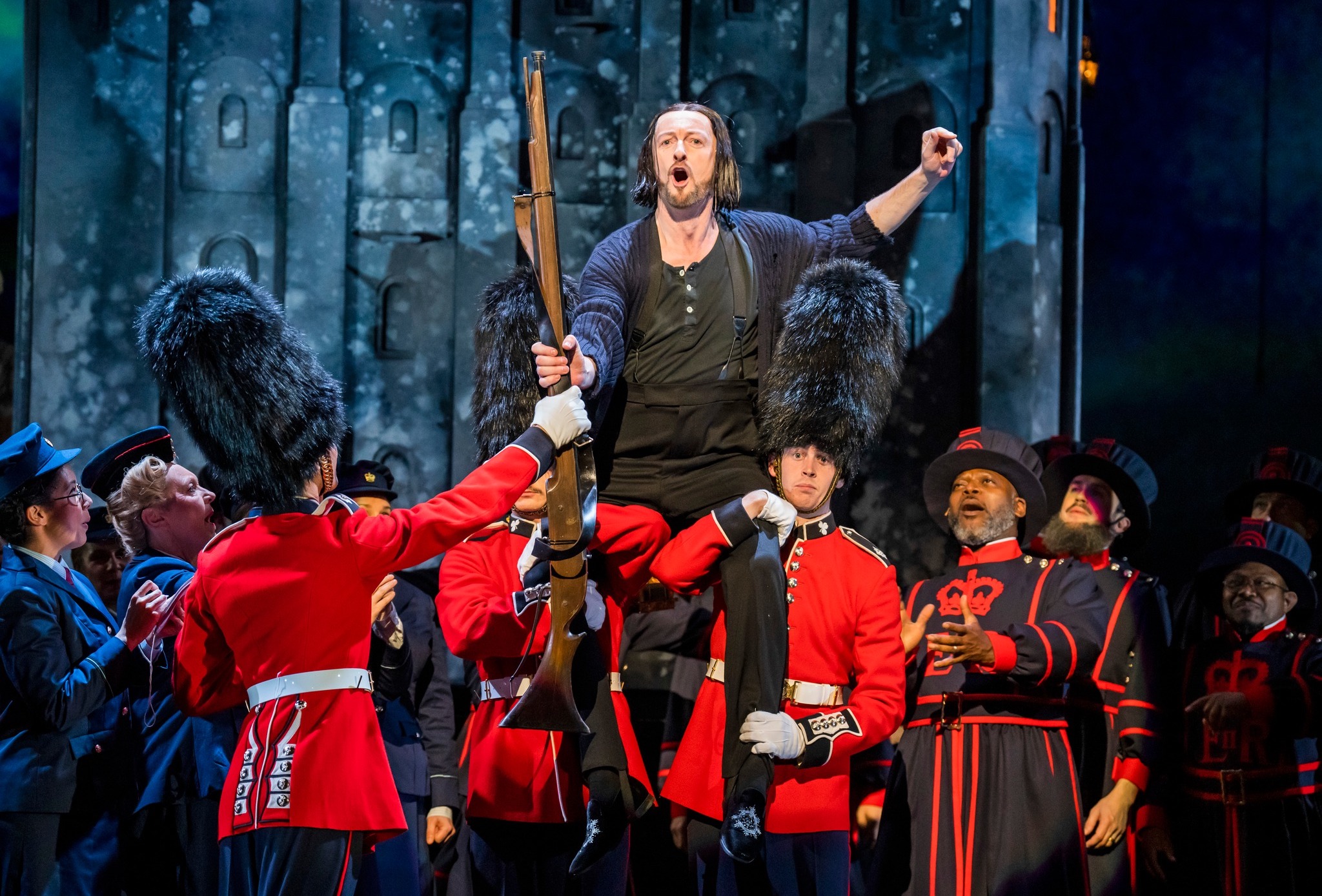
Richard McCabe in English National Opera's current production of Gilbert and Sullivan's 'The Yeomen of the Guard' (Photo: English National Opera)
Music in a Land of Contradictions
How many opera companies does a big city need? Paris has three, Berlin has three, London has two. Or rather, it has two for just one more year, because Arts Council England (ACE) has decided that London only needs one opera company, at the Royal Opera House, and has removed English National Opera (ENO) from its National Portfolio, the list of arts organisations to which it will provide guaranteed funding for the next three years.
ENO is a company with a history full of grand achievements and, like most arts organisations in Britain, it has depended on funding from the Arts Council for a substantial part of its income. In the last year before the pandemic, ENO’s total budget was £36 million, of which about a third (£12.8 million) came from ACE, so to lose all that money is a catastrophe. But, says the Arts Council, it’s not as simple as that. The National Portfolio decision is not so much a cut as an unwanted opportunity and ENO have been offered £17 million over three years to ‘come up with a new artistic model’. The only catch is that the new company must be located outside London, with Manchester tipped as an ideal home.
Levelling up?
The Arts Council’s decisions need to be seen within a wider socio-political context. The United Kingdom has always been a very London-centred country but, in the wake of Brexit, Boris Johnson promised that his government would ‘level up’ opportunities for people across the country. Yet moving an opera company seems like an odd sort of levelling up – why not create a new opera company instead? – and the further one digs into the detail of the Arts Council’s funding plans the more the ENO offer appears to be little more than a smokescreen. Manchester might gain a reluctant new opera company but its excellent chamber ensemble, Psappha, is going to lose all its Arts Council funding. Elsewhere in the regions, the Britten Sinfonia, a chamber orchestra that provides a wonderfully imaginative range of music to audiences across the east of England, has also been cut.
A closer look at the numbers reveals that music has actually taken a bigger hit than any other artform. The Arts Council’s data is not easy to analyse but overall funding for music seems to be down by at least £4 million. Opera grabbed the headlines, not only with the end of ENO in London but also with the end of support for the touring programme of Glyndebourne Opera. At its home in Sussex, Glyndebourne thrives on its private income – the tickets are expensive and they have lots of corporate sponsors too – but with Arts Council funding it was able to take its productions to theatres around the country; now that programme will stop. In other news, the Arts Council also seems to have been nursing a vendetta against contemporary classical music; alongside the funding wipe-out for Psappha and the Britten Sinfonia, there are cuts to the London Sinfonietta and the new music development organisation Sound and Music, cuts so severe that is hard to imagine how they can continue to function.
Meddling in the arts
There’s something rotten here, as there often is when politicians meddle in the arts, and music in the United Kingdom is particularly vulnerable to the divide-and-rule strategy so beloved of the Tory government. Just as Johnson’s levelling-up agenda has set north against south, so the funding game has set opera companies, orchestras, even musical genres, against one another. Viewed like this the Royal Opera House won and ENO lost; in reality the losers are the people of London, deprived of a company whose work ranged from Puccini to Philip Glass, from Gilbert and Sullivan to Gerald Barry, and deprived too of the tourist income generated by an opera company that attracted visitors from around Britain and the world.
In this pernicious game the Arts Council has played every one of the populist cards that they were dealt by the government. Words have become weapons. As she struggled to implement Brexit, Theresa May blamed a ‘metropolitan elite’ for getting in the way of ‘the will of the British people’. Now music has become a site in which the same struggle is waged: opera is ‘elitist’, posh music for rich people, while ‘ordinary’ people in the English regions are starved of opportunities to enjoy the arts. The vocabulary has shifted too, another classic move in the tyrants’ playbook. ‘Art’ seems to have become an elitist word so now the Arts Council’s declared intention is not to support the arts but to develop ‘culture and creativity’.
Soft target
Perhaps the Arts Council saw music as a soft target, an artform whose practitioners see one another as competitors rather than allies. The theatre is harder to attack because its stars are so familiar: the general public may not have seen their stagework but they know them from television, films and chat shows. The visual arts have an elaborately interlocking network of defences – collectors, commercial galleries, curators, museums, even a Royal Academy – that is hard to breach. Music, by contrast, is short of coordinating organisations. There is an effective Association of British Orchestras but no lobbying body for opera, or new music and, crucially, no overarching association that might represent the whole of British musical activity.
Music in all its forms has been one of the UK’s great success stories. Yet how can music survive in the land of contradictions that is post-Brexit Britain? This is a country that cannot staff its health service but whose government is terrified of immigrants; a country that produces internationally renowned musicians but leaves the trading bloc in which they earn a considerable part of their livelihood. At worst the Arts Council’s decision to cut funding to professional music-making in England is another nail driven into the lid of a coffin that, whether by accident or design, is perfectly shaped to bear the corpse of British music. At best it may be a rallying call, for musicians at last to stand together.
Read more on Arts Council England’s funding decisions here.
Subscribe to our newsletter.
Published on 22 November 2022
Christopher Fox is a composer, teacher and writer on music.











